Premium Only Content
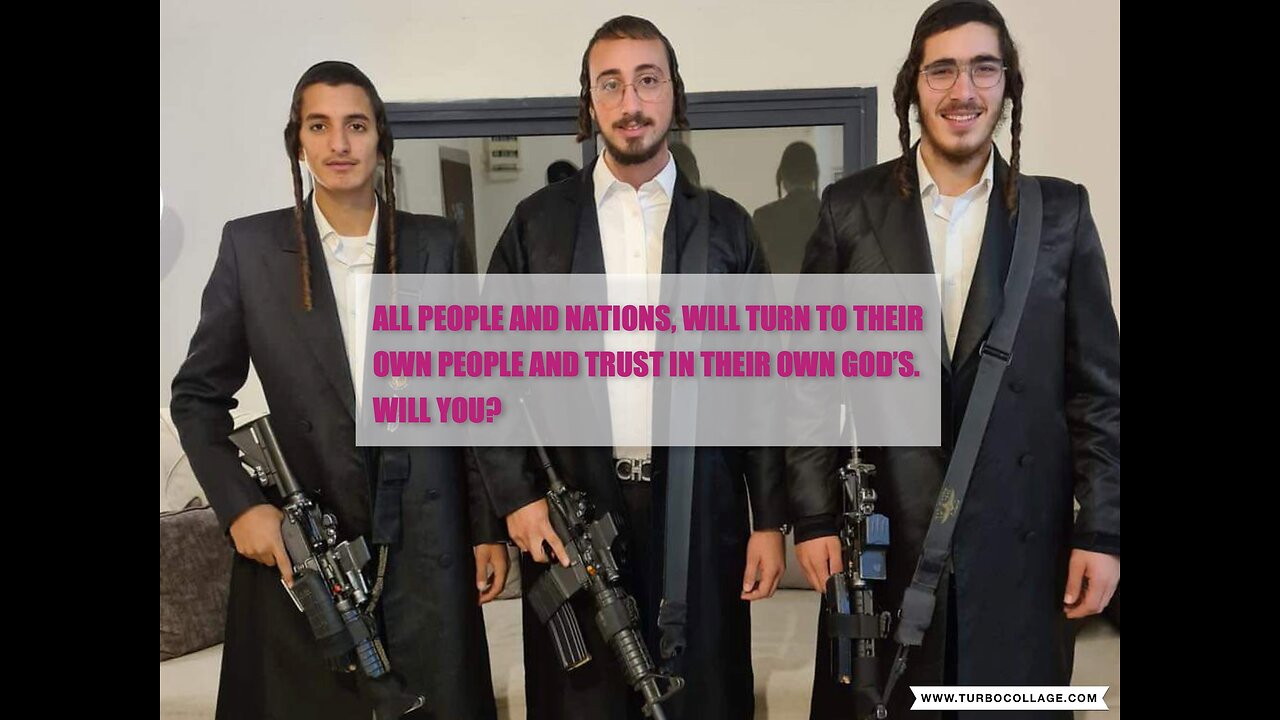
THE NEW FREE WORLD IS COMING. THIS IS WHAT THEY FEAR !!!!
The fear of a Black uprising among white Americans has a long history, stemming from anxieties about slave revolts in the antebellum South and fueled by events like the 1811 German Coast Uprising and Nat Turner's Rebellion in 1831. These fears persisted after emancipation, manifesting as backlash against Black political and economic progress, which contributed to violence like the Red Summer of 1919 and the 1898 Wilmington coup d'état. This white backlash against Black advancement is sometimes referred to as "white rage" or "white backlash".
Historical roots of the fear
Antebellum era: Slaveholders harbored constant paranoia about slave revolts, which was intensified by the success of the Haitian Revolution (1791–1804). This fear contributed to the brutal suppression of any signs of resistance, including the demonization of Voodoo, which was wrongly perceived as a tool for insurrection.
Post-Civil War and Reconstruction: The fear continued after emancipation. The Equal Justice Initiative explains that the period saw a "wave of counter-revolutionary terror" as white communities reacted violently to Black people exercising their new freedoms. Fear of Black uprisings contributed to the formation of white supremacist groups and violence against Black communities.
Early 20th century: The anxieties were heightened by socio-economic tensions and competition for jobs and housing after World War I. This fear, combined with fears of socialist influence on the Black civil rights movement, fueled the violence of the Red Summer in 1919, which involved widespread white-on-black violence.
Manifestations of the fear
Direct violence: The fear of a Black uprising led to violence against Black individuals and communities, including massacres and lynchings.
Political and legal suppression: The fear also drove political and legal efforts to suppress Black rights and progress. This includes the expansion of Jim Crow segregation laws and efforts to strip African Americans of their right to vote.
Public rhetoric: White supremacist ideologies framed events like the Red Summer and the Wilmington coup d'état as "riots" where Black people were the aggressors, rather than as attacks on Black communities, say Wikipedia and PBS.
Modern context
"White backlash": The term "white backlash" is used to describe the negative reaction of some white people to the racial progress of minority groups, especially in the form of a political and cultural grievance.
Perceived loss of privilege: According to researchers cited by Berkeley News, this backlash can be fueled by the perception that "dominant groups are 'cutting the line'" as other groups gain social and economic standing.
Increased tensions: Some research suggests this type of backlash can be amplified by a perception that rules that previously benefited the dominant group no longer apply.
White Fear of Black Rebellion, 1819-1866
Although it occurred nearly a century ago, the Elaine Massacre of 1919 remains the subject of intense inquiry as historians try to...
favicon
Arkansas Tech
-
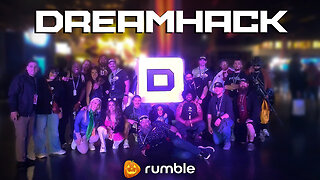 17:33
17:33
a12cat34dog
18 hours agoRUMBLE TAKEOVER @ DREAMHACK | VLOG | {HALLOWEEN 2025}
34.8K25 -
 10:48
10:48
GritsGG
12 hours agoWarzone Stadium Easter Egg! Unlock Grau Blueprint EASY!
81 -
 LIVE
LIVE
Lofi Girl
3 years agolofi hip hop radio 📚 - beats to relax/study to
146 watching -
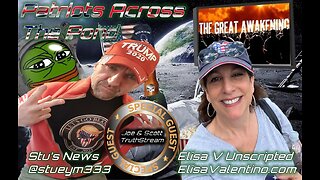 1:43:54
1:43:54
TruthStream with Joe and Scott
3 days agoStuey and Elisa V interview Joe and Scott Q, AI, Glutathione, Tylenol etc 11/5 #510
4.61K3 -
 29:15
29:15
BlabberingCollector
2 days agoHarry Potter X Fortnite, Fans Reee Over Trans Rights, NEW Audiobooks Are OUT, Wizarding Quick Hits
19.2K1 -
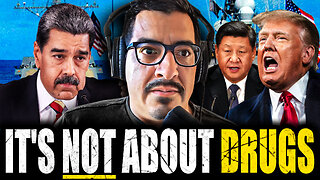 1:20:42
1:20:42
The Connect: With Johnny Mitchell
6 days ago $8.06 earnedThe Truth Behind The U.S. Invasion Of Venezuela: Ed Calderon Exposes American Regime Change Secrets
24.3K13 -
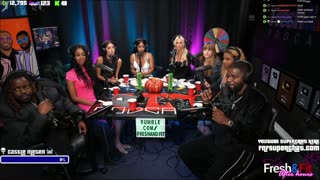 2:10:18
2:10:18
FreshandFit
4 hours agoAfter Hours w/ Girls
112K21 -
 2:06:29
2:06:29
TimcastIRL
10 hours agoAirlines Cancel Over 700 Flights, Travel APOCALYPSE Is Now, Trump Says END FILIBUSTER | Timcast IRL
222K101 -

SpartakusLIVE
15 hours agoTOXIC Solos on ARC Raiders || Friday Night HYPE - WZ or Redsec Later?
70.2K1 -
 2:15:42
2:15:42
TheSaltyCracker
7 hours agoWoke is DEAD ReeEEStream 11-07-25
115K211